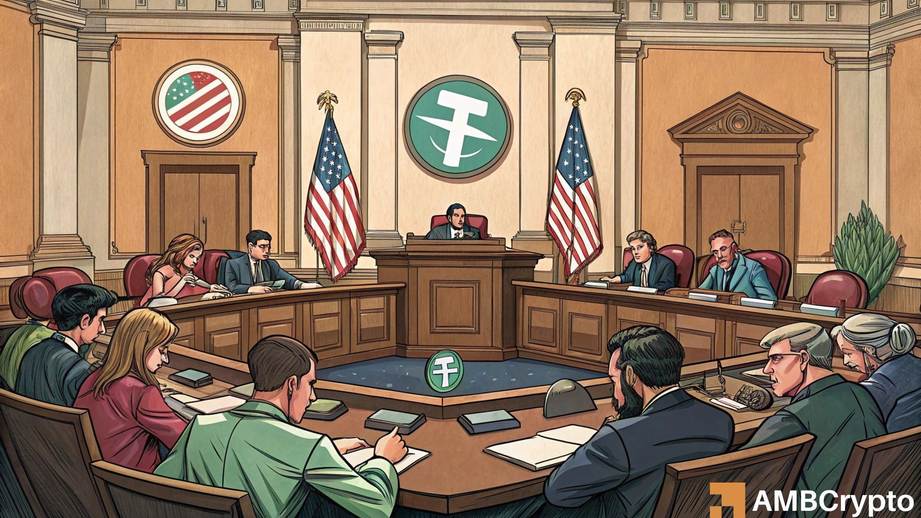Tether, a popular stablecoin, has recently come under scrutiny due to potential compliance risks with new U.S. regulations. According to a report by J.P. Morgan, Tether could be forced to sell $8 billion worth of Bitcoin to adhere to the proposed stablecoin bills, known as the GENIUS Act and STABLE Act.
However, Tether’s CEO, Paolo Ardoino, has refuted these claims, stating that the firm is highly liquid with over $20 billion in reserves, and could easily comply with the new regulations. Ardoino dismissed the J.P. Morgan report as ‘salty’ and emphasized that Tether is well-prepared to meet any regulatory requirements.
The J.P. Morgan analysis raised concerns about Tether’s reserve assets, noting that only 66%-83% of the reserves comply with the proposed bills. This has led to speculations about Tether’s ability to meet the regulatory thresholds set by the GENIUS Act and STABLE Act.
Despite these challenges, Tether’s market dominance remains strong, with its market cap reaching an all-time high of $141 billion. However, the potential need to sell non-compliant reserve assets could impact Tether’s holdings of Bitcoin, precious metals, and secured loans.
Market analysts like Alex Kruger have warned that Tether’s failure to comply with U.S. stablecoin regulations could have negative implications for the entire market. As the two bills are expected to be adopted later this year, it remains to be seen how Tether will adjust its operations to ensure compliance and navigate the changing regulatory landscape.
Overall, the future of Tether and its compliance with U.S. regulations will be a key development to watch in the coming months. Stay tuned for updates on how Tether navigates these challenges and adapts to the evolving regulatory environment.

